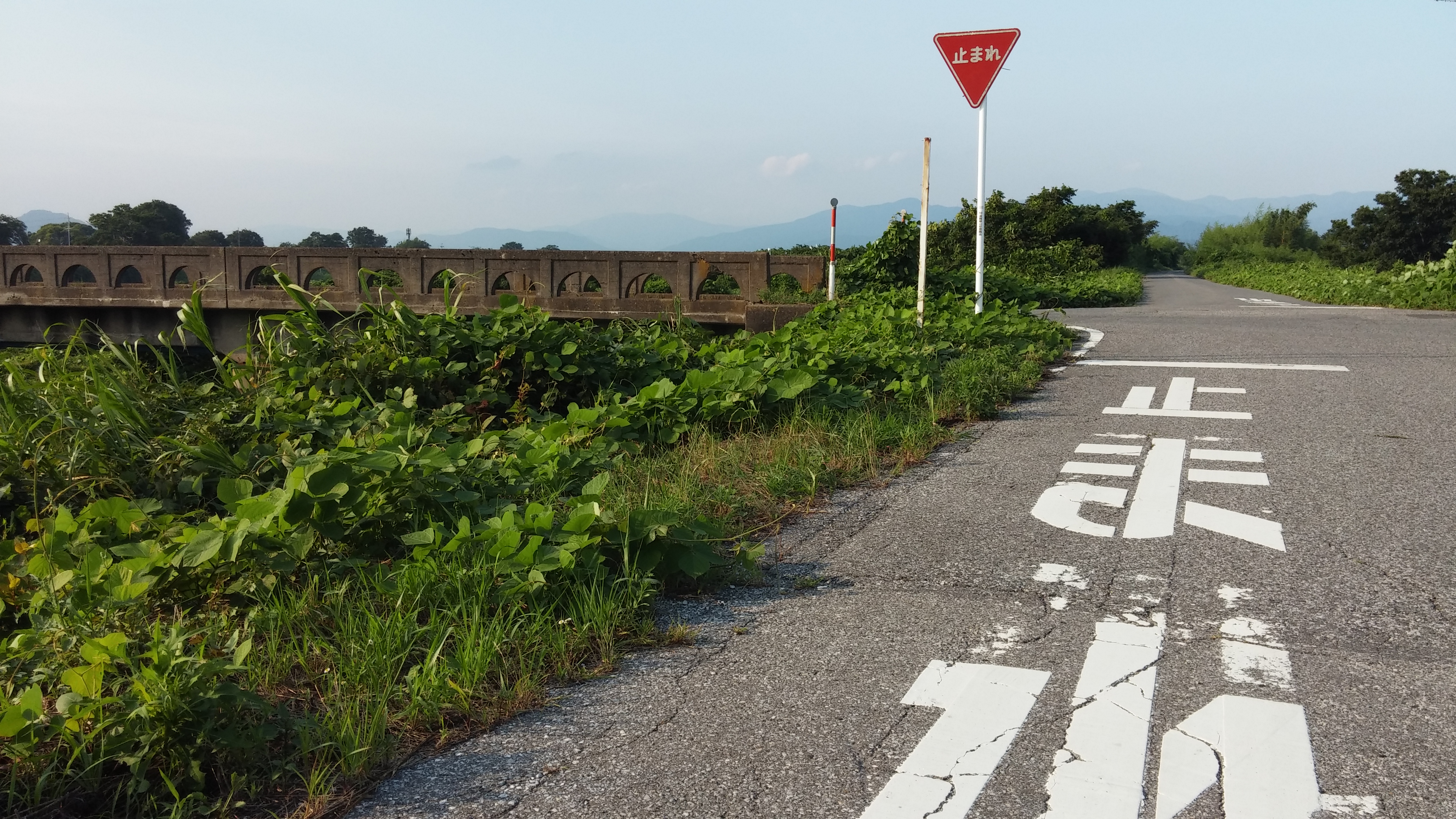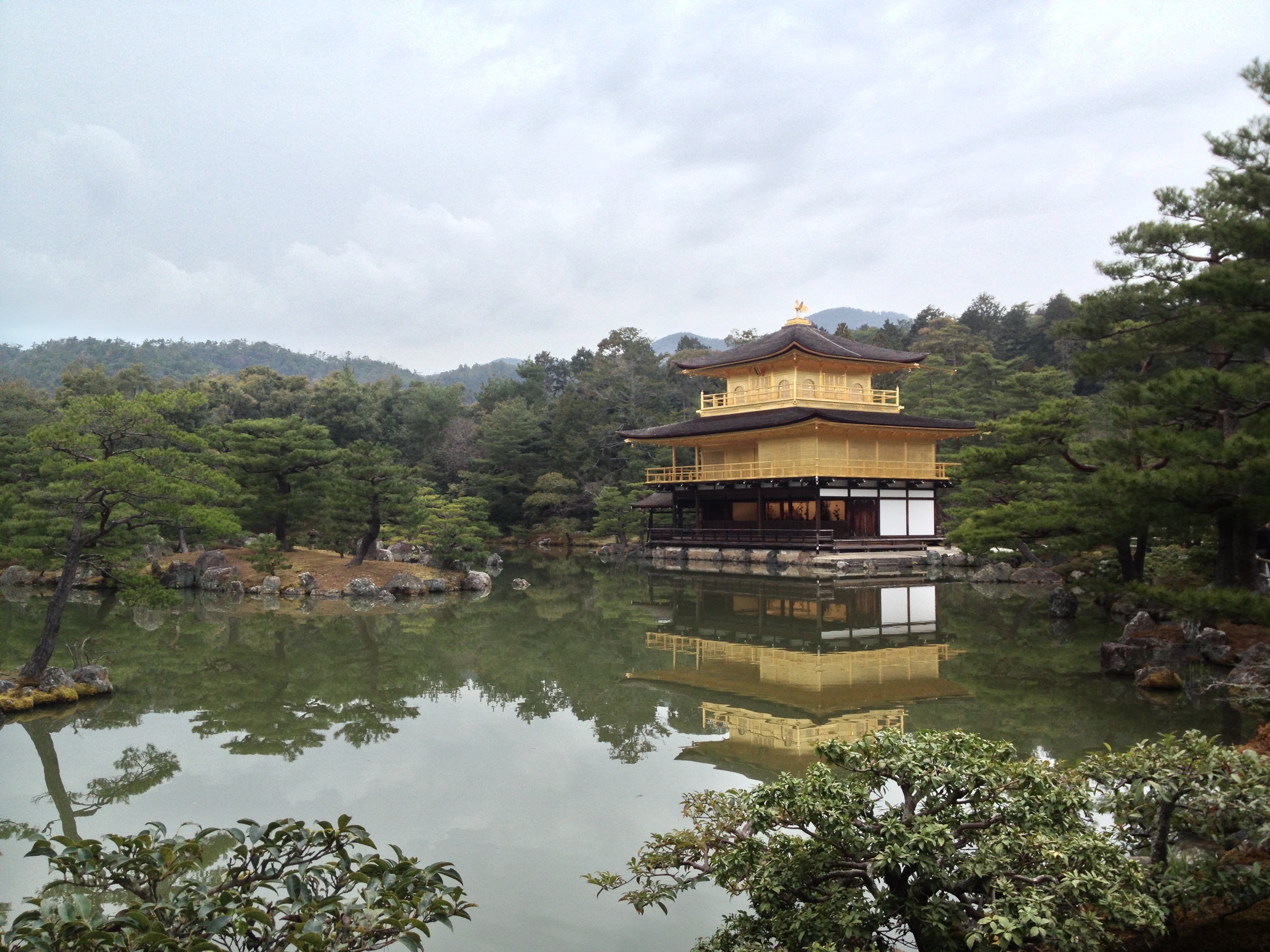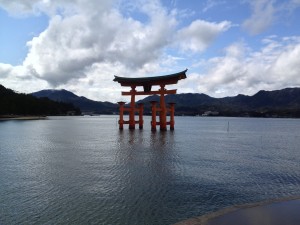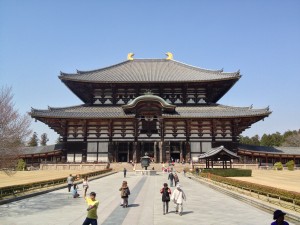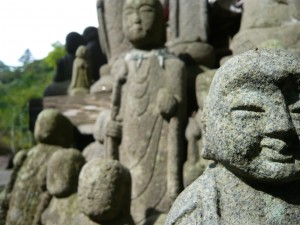 Living in a 14th century Buddhist Zen temple in the heart of the incredibly culturally rich city of Kyoto was a surreal experience — sleeping on tatami mats, raking the pebbles of the gardens in the morning, eating native cuisine while sitting cross-legged in a circle, hearing the monks ring the bronze bells to signify that it’s time for meditation, seeing the ancient hardware-free wood joinery of my new home’s construction, being careful to not step on the entry threshold, removing shoes before walking onto the sacred floors — the authenticity of these five weeks were filled with wonderment, mindfulness and endless pleasant sensory surprises — everything was so new to me. Before arriving, I was a little worried I might feel a bit uncomfortable in a place so geographically and culturally distanced from the rural Appalachia in which I grew up. Instantly, though, I felt as though I was fully meant to be exactly where I was.
Living in a 14th century Buddhist Zen temple in the heart of the incredibly culturally rich city of Kyoto was a surreal experience — sleeping on tatami mats, raking the pebbles of the gardens in the morning, eating native cuisine while sitting cross-legged in a circle, hearing the monks ring the bronze bells to signify that it’s time for meditation, seeing the ancient hardware-free wood joinery of my new home’s construction, being careful to not step on the entry threshold, removing shoes before walking onto the sacred floors — the authenticity of these five weeks were filled with wonderment, mindfulness and endless pleasant sensory surprises — everything was so new to me. Before arriving, I was a little worried I might feel a bit uncomfortable in a place so geographically and culturally distanced from the rural Appalachia in which I grew up. Instantly, though, I felt as though I was fully meant to be exactly where I was.
Dipping my feet into the goodness of Japan via this study abroad program was the most appropriate first step I could have imagined for preparation of the next chapter of my Asian adventure. I said my see-you-laters to my fellow UO classmates, packed my panniers, and spent the next seven weeks of my summer vacation pedaling north. A solo bicycle tour — my first of (anywhere near) this length, and in a country which I can only speak a handful of words of its 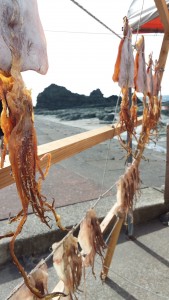 language. Setting out with books and paints in tow, my expectations were to spend a summer keeping myself entertained — self-work and inner-reflection were on my to-do list as was meditating and practicing yoga daily.
language. Setting out with books and paints in tow, my expectations were to spend a summer keeping myself entertained — self-work and inner-reflection were on my to-do list as was meditating and practicing yoga daily.
Not long after parting ways with my American friends, I began to hear the Japanese language surrounding me. And not long after leaving the upper edge of Kyoto’s city limits, I saw nearly no one else who appeared to share my European ancestry, (with the exception of just a couple of touristy stops along my route.) As the mid-rise buildings disappeared in the clouds behind me, so did the populations who were versed in speaking English. I wasn’t sure what sort of interactions I was headed for, but I felt ecstatic and as liberated as could be — I had no route in mind, no schedule to adhere to, no one’s rules to follow — just a tent, a sleeping bag, a camp stove and an abundance of belief in the thought that adventure fulfills all the soul’s needs.
After a couple hours on the road I pulled over for rest number one. Barely half way through munching on a carrot, a local farmer rolled to a stop beside be and handed me two fresh, bright green cucumbers. I grinned from ear to ear, bowed a few times and repeat the only phrase I’ve mastered — arigatou gozaimasu. What kindness! And from a perfect stranger! Cherishing this moment, I headed onward through the cryptomeria hills and to the shore of Lake Biwa where I spent my first night. Only ten miles or so into my second day of cycling, I realized that the cucumber incident was not a fluke. I stopped by a small market to charge my phone and I was promptly greeted by an employee who offered to share a watermelon with me — I graciously accepted and proceeded to offer slices to other visitors as well. One of these customers happened to be on his way to a nearby beach to practice windsurfing in the day’s ideal conditions. He invited me for a lesson. By the end of the evening, I was cooking a traditional communal stew, nabe, with him and his friends. I was invited to stay at their house.
 This only brushes on a sliver of the generosity I was shown in the first 48 hours of my tour. And, without exaggeration, this was typical for the entirety of my 48 day journey. I was overwhelmed with the kindness and hospitality consistently poured in my direction on a daily basis. I didn’t know what I had done to deserve it, or how I could ever repay these miracle workers, but I didn’t want to turn down any opportunities to bond with such lovely people; I didn’t want to miss out on a story that could make this adventure all the more enriching. I found myself falling more and more in love with life with every shared smile and laugh.
This only brushes on a sliver of the generosity I was shown in the first 48 hours of my tour. And, without exaggeration, this was typical for the entirety of my 48 day journey. I was overwhelmed with the kindness and hospitality consistently poured in my direction on a daily basis. I didn’t know what I had done to deserve it, or how I could ever repay these miracle workers, but I didn’t want to turn down any opportunities to bond with such lovely people; I didn’t want to miss out on a story that could make this adventure all the more enriching. I found myself falling more and more in love with life with every shared smile and laugh.
All along my 2000 mile meandering route up to and around Hokkaido, I had hardly made it through two chapters of my novel and I still had three times as many blank pages in my sketch book as filled ones. (And most of the pictures I had drawn were for the purposes of communication.) I had a few yoga sessions from time to time, but not nearly as often as I was unexpectedly invited into someone’s home. Places to sleep, hot showers, delicious homemade meals — these were certainly gifts to be grateful for, but it wasn’t the crux of it. People were incredibly patient — the language barrier posed its challenges, but speaking with pencils and hands proved to be surprisingly effective, even if it took 45 minutes to say what could have, under other circumstances, been said in three. I couldn’t believe how willing people were — willing to take me in, to trust that I wouldn’t cause harm, willing to share so much time and energy for a cause with no direct physical return, willing to reach out to a foreign stranger who is simply passing through.
My goals were accomplished but not in the form I’d envisioned. In discovering these qualities of these new friends and acquaintances, I discovered something which I will forever strive for — to be a caring citizen not for the sake of feeling  obligated to, but because it brings so much mutual joy. I hope to always feel that there’s room and time in my life to share it with those who pass through it, even if I realize that they might not extend identical offerings in return, but solely because the universe aligned us at a certain time and place. Japan restored my faith in the goodness of humanity, and I intend to carry this mantra with me wherever I may go or wherever I might be.
obligated to, but because it brings so much mutual joy. I hope to always feel that there’s room and time in my life to share it with those who pass through it, even if I realize that they might not extend identical offerings in return, but solely because the universe aligned us at a certain time and place. Japan restored my faith in the goodness of humanity, and I intend to carry this mantra with me wherever I may go or wherever I might be.
– Halley Anderson, Landscape Architecture in Kyoto
